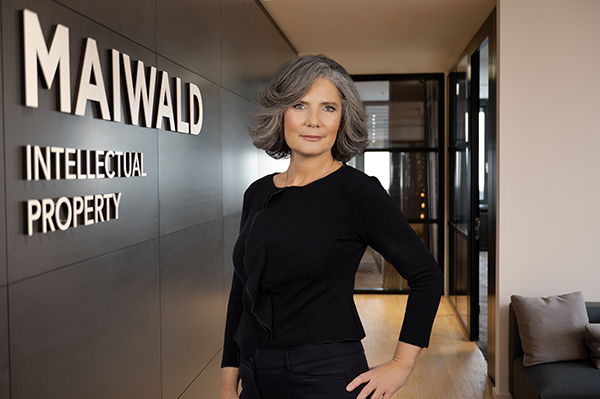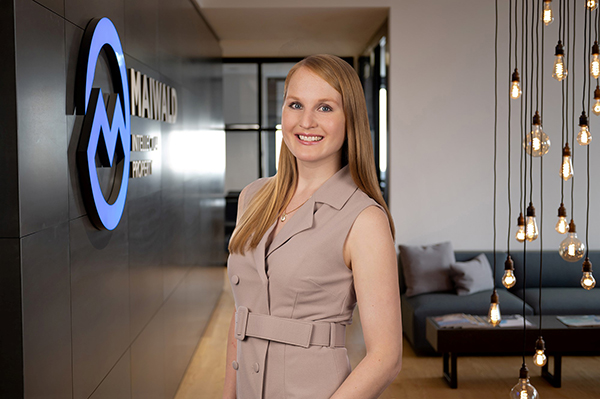In the context of the effect-driven assessment of inventive step under the European Patent Convention (EPC) it is usually crucial for the outcome whether an Applicant/a Patentee can rely on a specific technical effect corresponding to an improvement over the prior art. In the absence of such improvement, the claimed subject-matter is often found to be obvious. From the perspective of the Applicant/Patentee, flexibility is required to adapt an initially disclosed technical effect in case new evidence such as new prior art or new experiments comes up during examination or opposition proceedings. In a first-to-file system like the EPC, however, the Applicant/Patentee should also not be able to later invoke any effect at will to exclude purely speculative filings and corresponding unwarranted advantages for such Applicants/Patentees. In G 2/21, the Enlarged Board of Appeal (EBA) is concerned with providing guidelines on how a proper balance can be achieved. The provisions of G 2/21 have meanwhile been applied in several decisions.
Read the full article by Dr. Eva Ehlich and Dr. Anja Fux published in the 1/2024 issue by epi.

